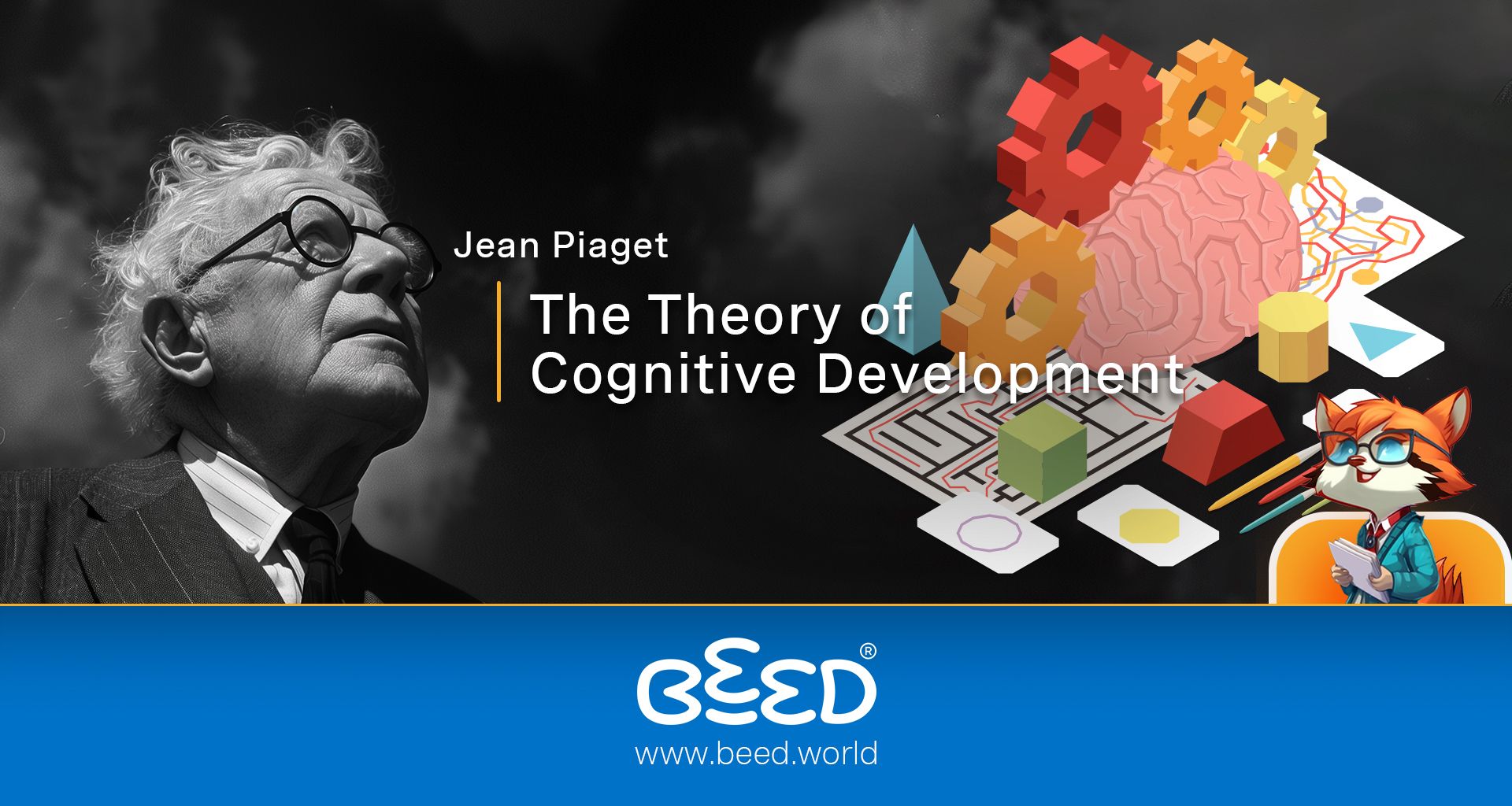Jean Piaget - The Theory of Cognitive Development

Born in Switzerland in 1896, Jean Piaget was a pioneer in the field of cognitive development. Initially focused on zoology, his observations of his own children's thinking sparked a lifelong interest in how children learn and develop their understanding of the world. Through extensive research and observation, Piaget formulated his theory of cognitive development, which continues to be a cornerstone of child development psychology and education practices today.
Theory of Cognitive Development:
Piaget's theory proposes that children progress through four distinct stages of cognitive development:
Sensorimotor Stage (Birth - 2 years): In this early stage, infants learn about the world through their senses and motor actions. They lack object permanence (the understanding that objects continue to exist even when unseen) and rely on reflexes and imitation for learning.
Preoperational Stage (2 - 7 years): During this stage, children develop symbolic thought, representing objects and ideas with words and images. However, they still struggle with egocentrism (the inability to see things from another's perspective) and logical reasoning.
Concrete Operational Stage (7 - 11 years): Children in this stage can now perform mental operations on concrete objects. They understand object permanence and conservation (the idea that a quantity remains the same even if its shape changes) and can classify objects based on their properties. However, abstract concepts remain challenging.
Formal Operational Stage (11 years and beyond): This final stage marks the ability to think abstractly and logically. Teenagers can now formulate hypotheses, test them systematically, and consider multiple perspectives simultaneously.
Case Study Application:
Piaget's theory has numerous applications in educational settings:
Curriculum Design: By understanding the cognitive abilities of children at different stages, educators can design age-appropriate curricula and activities. Sensorimotor stage learning might involve the manipulation of objects, while the preoperational stage might benefit from play-based activities and storytelling.
Assessment Techniques: Piaget's stages can inform the development of assessment tools tailored to children's cognitive abilities.
Teaching Strategies: Educators can use Piaget's theory to adapt their teaching styles to different age groups. For example, focusing on concrete examples and hands-on activities for younger children and gradually introducing abstract concepts as they move through the stages.
Criticisms and Considerations:
While highly influential, Piaget's theory has been criticized for underestimating the social and cultural influences on learning. Additionally, his stages are not always clear-cut, with individual development varying across children.
Conclusion:
Despite these criticisms, Jean Piaget's theory of cognitive development remains a valuable framework for understanding how children learn and think. His work continues to inform educational practices around the world, helping educators create learning environments that nurture the intellectual growth of children at each stage of development.
BeED #Edtech #edutech #education #learning #inpiration #jeanpiaget